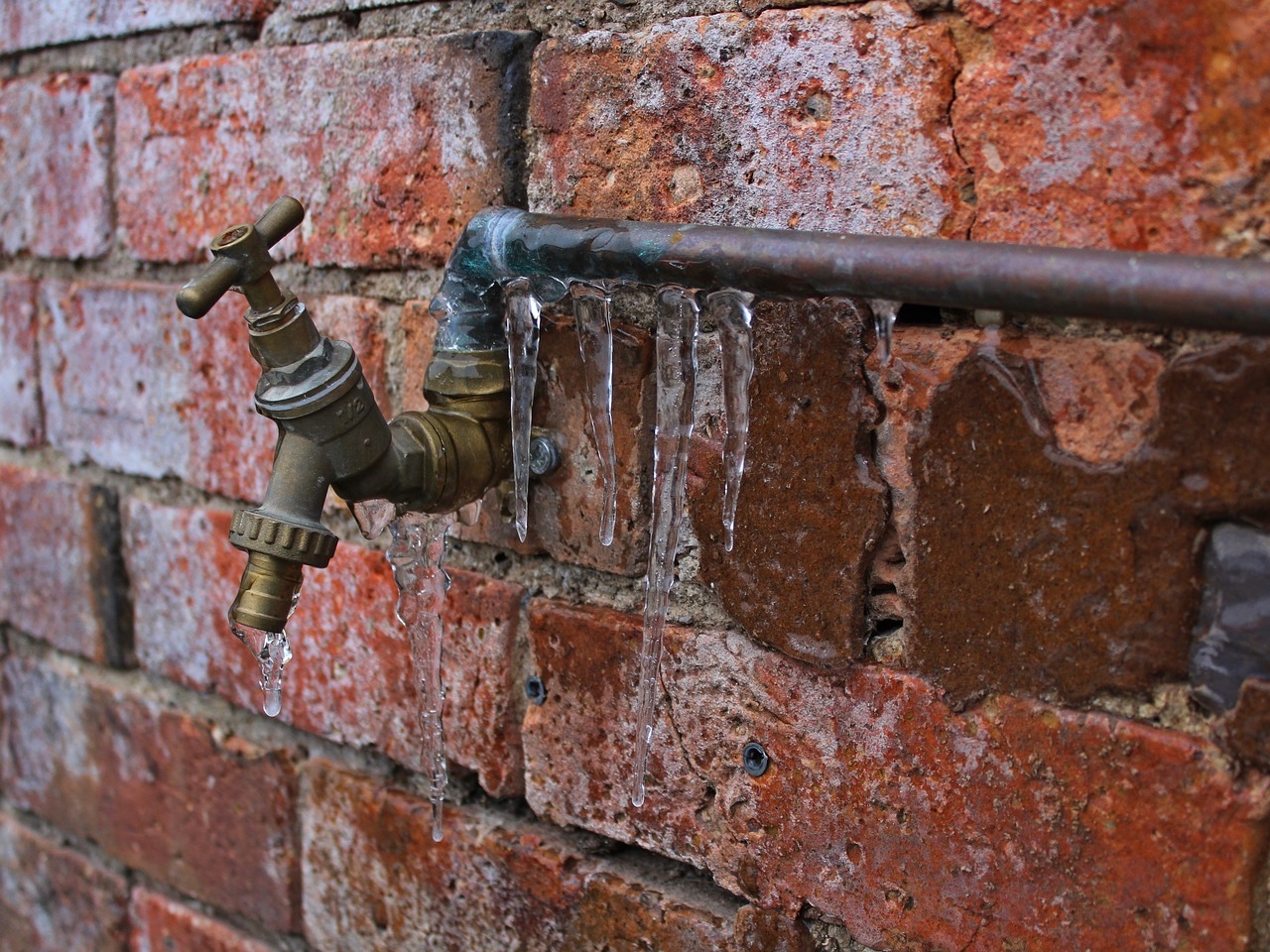
How to prevent and unblock frozen pipes during winter
Prepare your home for the extremely cold conditions predicted across the country with our expert advice for unblocking and preventing frozen pipes…
With several snow and ice warnings in place across the UK, The Met Office is encouraging us all to gear up for a spout of extremely cold and frosty conditions.
Keen to ensure things keep running smoothly at home despite the weather, technical expert at Harvey Water Softeners, Steve Allen, shares his tips and tricks for both avoiding and dealing with frozen pipes.
How to check if your pipes are frozen
While this may sound like a minor issue, with insurers in the UK paying out almost £2 million a day in claims resulting from water damage, failure to maintain your pipes could result in serious damage being caused to your property.
Being able to see frost on a visible pipe, and having either just a trickle of water or none at all are key signs that your pipes have frozen. Similarly, noticing unpleasant smells coming from the taps or drains is a sign of a pipe blockage caused by freezing temperatures.
How to unblock a frozen pipe
If you suspect your mains water pipe may have frozen, Steve Allen suggests that you follow these steps:
‘Firstly, turn off your water stop tap – this can usually be found under the kitchen sink. Also turn on all of the cold taps in the house which will allow water to escape once the pipes start to thaw.
Next, start thawing the pipes – you can use a hair dryer on a low setting or try taking a portable heater to the frozen area. You should start at the tap and work back towards the frozen area.
Once thawed you should check there are no leaks by running a dry cloth along the pipe to see if you mop up any wet patches. If there are no leaks, turn your water back on at the stop tap.’
How to prevent frozen pipes
Although the above steps are effective for unfreezing your pipes, it’s best to try and take a generally more preventative approach.
1. Invest in insulation
While it might sound obvious, insulating your pipes with sponge covers works an absolute treat. It’s a small investment compared to the repair costs of a burst water pipe. You should be particularly mindful of the pipes in unheated spaces of your home, such as the attic.
2. Keep your heating at a consistent temperature
While it’s tempting to lower your thermostat during the evening to save on your energy bills, keeping the settings as consistent as possible during the day and night will help to prevent your pipes from freezing. The World Health Organisation (WHO) recommends UK households have a room temperature of 18 degrees celsius in the winter.
3. Open bathroom and kitchen cupboards
Giving your pipes access to heated air is vital in helping to prevent ice blockages and pressure buildups. While you don’t need to keep your cupboards permanently open, it’s a good idea to open them before going to bed if you’re expecting a particularly cold night.
4. Isolate your garden tap
Although a garden tap is outside of the property, if it becomes frozen it can cause a joint inside the property to come apart and leak. Turn off the isolating valve inside and leave the garden tap open. If the garden tap does not have its own isolating valve then the tap and pipework must be heavily insulated. Purpose made tap covers are available from most DIY stores.




